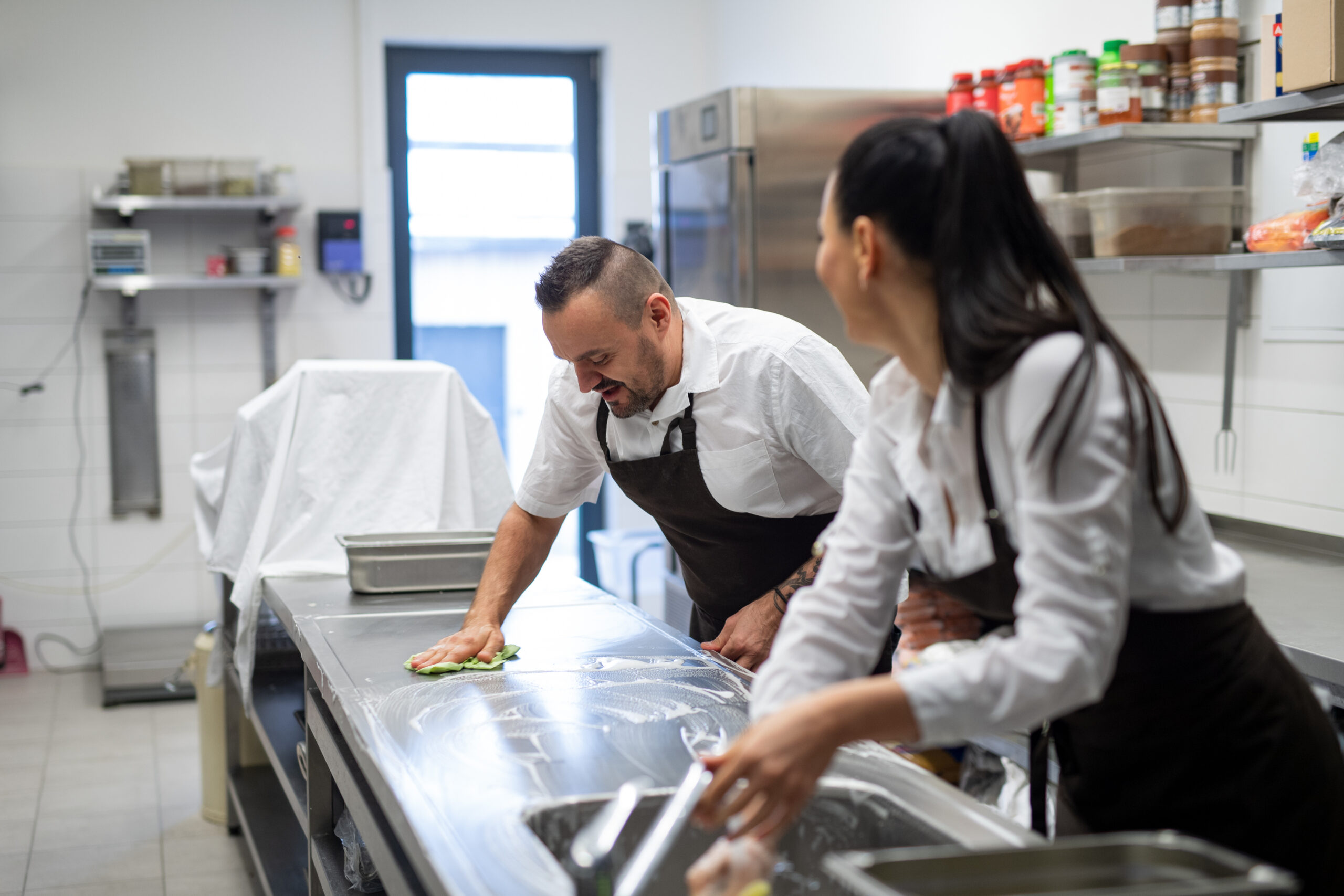As consumers grow more health-conscious and discerning, the importance of maintaining high standards of food hygiene in the preparation and handling of food cannot be overstated.
Implementing best practices to ensure food safety is crucial in preventing foodborne illnesses and safeguarding public health.
This article explores such best practices and underscores the importance of education in food safety through food and hygiene courses, earning a food hygiene certificate, and learning about initiatives like food safety in Singapore.
Food and Hygiene Courses
Enrolling in food and hygiene courses is one of the most effective ways to gain essential knowledge and skills required for maintaining food hygiene.
These courses offer comprehensive education on foodborne diseases, their sources, and their prevention strategies.
Participants learn about the potential dangers of contamination, improper storage, and inadequate cooking, among other things.
These courses also emphasise the importance of good personal hygiene, proper cleaning and sanitising procedures, pest control, and waste management.
Understanding the science behind food safety can go a long way in enhancing the quality and safety of food served to consumers.
Food Hygiene Certificate
Securing a food hygiene certificate is an essential step for anyone involved in the food service industry.
This certification is proof that the individual understands the standard practices of hygiene and food safety and is competent in implementing them.
Not only does it enhance consumer confidence, but it also reduces the risk of foodborne illnesses.
Most food hygiene certificates cover essential topics like proper food storage, safe cooking temperatures, and preventing cross-contamination.
Moreover, by obtaining this certificate, one shows their commitment to delivering high-quality, safe food. In many countries, it’s a legal requirement for food handlers to have such certification.

source: istock
Food Safety Singapore
Singapore is a great example of a country that takes food safety very seriously.
With its diverse food culture and reputation as a food paradise, the city-state maintains strict food safety standards.
The Singapore Food Agency (SFA) is the governing body that oversees food safety Singapore, and they have robust measures in place to ensure hygiene standards are met from farm to fork.
One of their initiatives includes compulsory food safety courses for all food handlers, helping to ensure that anyone involved in the preparation and sale of food is well-versed in hygiene and safety protocols.
These rigorous standards have made Singapore a global role model for food safety, offering a benchmark for other nations to emulate.
Food Safety Course
A food safety course is integral to learning and understanding food hygiene and safety.
These courses educate individuals about foodborne pathogens, allergen management, personal hygiene, and cross-contamination prevention.
They also cover food safety management systems, food preservation, and microbiology.
These courses offer practical skills and knowledge to reduce the risk of foodborne illnesses.
They are not just meant for food handlers but also beneficial for anyone interested in food science and safety.
Most food safety courses provide a certification upon completion, adding credibility and assurance to both employers and consumers about your food handling capabilities.
Understanding Food Temperature Control
An essential part of food hygiene revolves around temperature control.
Both cooking and storage require specific temperature ranges to inhibit bacterial growth and maintain food quality.
Safe cooking temperatures vary depending on the type of food, but as a general rule, most meats should be cooked to an internal temperature of 75°C.
Storage is another area where temperature control is paramount. Refrigerated food should be kept at 4°C or below, and frozen food at -18°C or below.
Improper storage temperatures can lead to bacterial proliferation, increasing the risk of foodborne illnesses.
Food safety courses provide comprehensive training on effectively understanding and managing food temperature controls.

Source: istock
Best Practices for Cleaning and Sanitation
Cleaning and sanitation play a significant role in maintaining a hygienic environment for food preparation.
Regular cleaning of the kitchen, utensils, and equipment prevents the build-up of bacteria and contaminants.
A step further from cleaning, sanitation involves the use of heat or chemicals to kill any microorganisms that might still be present after cleaning.
A simple but efficient practice involves cleaning surfaces and utensils with hot, soapy water, followed by a sanitising step using a bleach solution.
The best practices for cleaning and sanitation are usually part of the curriculum for obtaining a food hygiene certificate.
This certification ensures that a food handler is knowledgeable and proficient in maintaining a clean and safe food preparation environment.
Conclusion: Embracing Food Safety
Food safety, a shared responsibility, begins with education via food and hygiene courses and extends to the practical application of these principles.
We can prevent foodborne diseases by understanding critical practices such as food temperature control and robust sanitation.
Drawing inspiration from models like Singapore, we can strive for a food landscape that is both appetising and safe and wholesome.
Discover More with Skillmaster
At Skillmaster, we’re passionate about sharing knowledge and fostering the skills necessary for food safety.
Join us and embark on a transformative journey of learning. From food and hygiene courses to obtaining a certificate, we provide comprehensive and practical training.
Don’t wait – elevate your skills and significantly impact food safety today. Enrol with Skillmaster and become a master of your craft.



